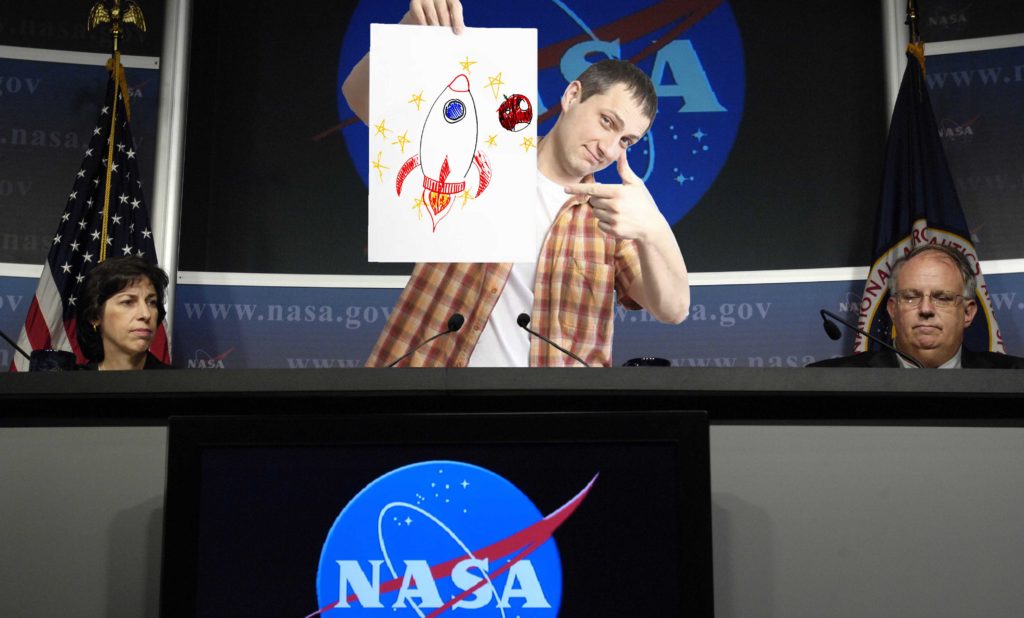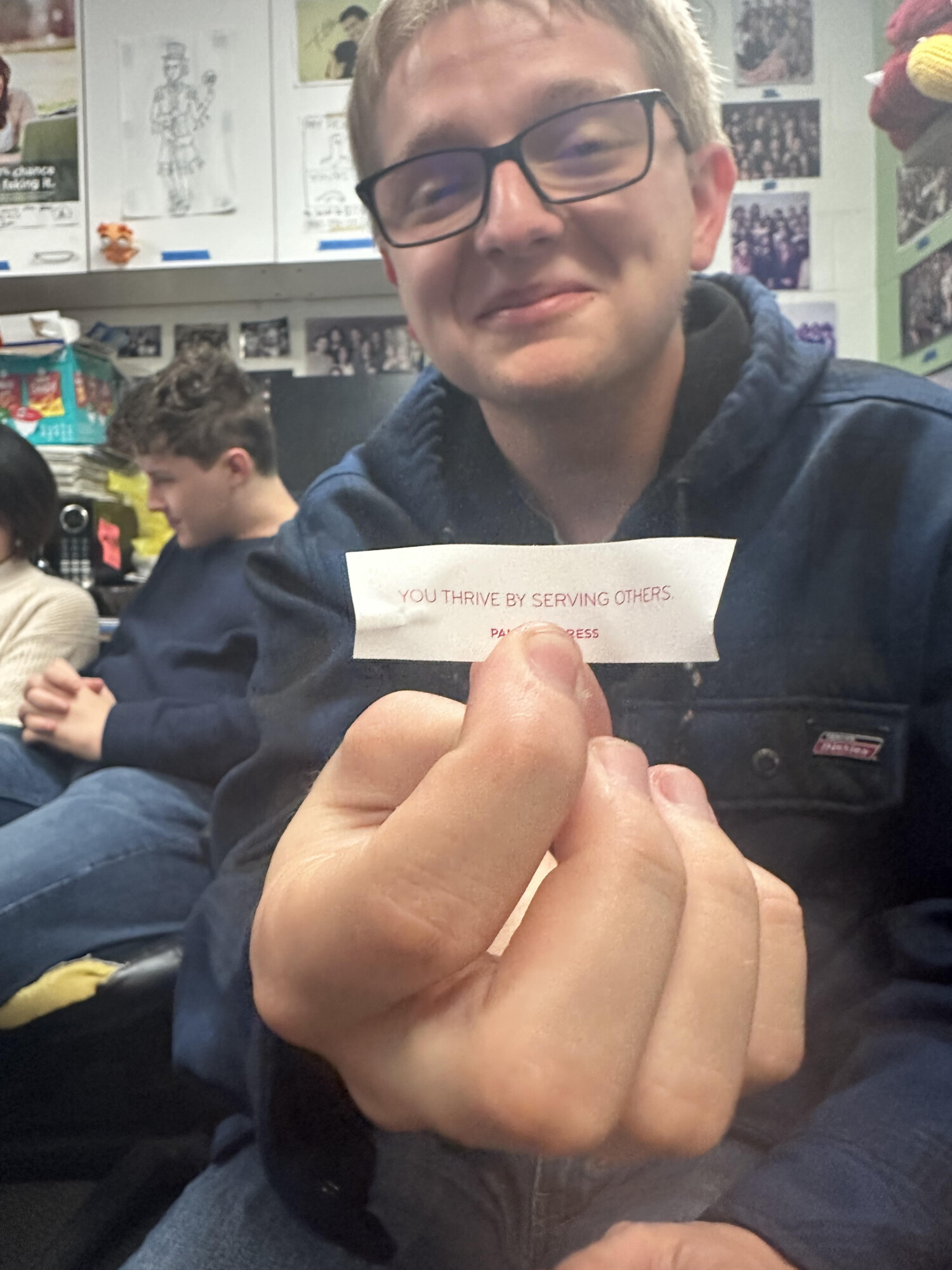
Photo by: Connor Gorry
San Diego science fiction author Mike Roberts announced on Monday the release of his next book, “Moon Colony: 2025.” The “science fiction masterpiece,” as it has been lauded by the San Diego Times, takes place in the United States in the year 2025. It follows a biologist who uses nanotechnology to cure all types of cancer as he races against time to learn astrophysics in order to start a moon colony. The novel has been both criticized and praised; some have called it “overly optimistic” and “unrealistic,” regardless of the fact that the novel has been nominated for several literary awards, including the Fictional Science Fiction Award for Excellence in Science Fiction.
Aside from his work on “Moon Colony: 2025,” Roberts is the author of the award-winning novel “Space,” in which all humans will be living on other planets in the solar system by the year 2030, and “iSelf,” in which the protagonist revolutionizes wearable technology by plugging it into the human brain in the year 2027.
Roberts told reviewers that his research on the new novel was extensive, consisting of daily interviews with his roommate Dave, who worked for a summer at the Salk Institute when he was in college.
“Dave knows some biology, so that was all covered,” Roberts said. “I fudged some of the physics to get an entire third of the world’s population to the moon within the span of a year, but I figure humans could work hard under the kind of pressure that would be caused by the impending nuclear detonation I describe in my book. Overall I would say the book is 100 percent accurate and has a 99 percent chance of actually happening.”
In order to research the section of “Moon Colony: 2025” in which all of Earth converges on English as a global language, Roberts said he “strongly considered” speaking with a linguistics professor.
Advance-copy readers from non-scientific backgrounds raved about the book, saying that they “don’t usually like science fiction, but this had just the right blend of plenty of fiction and barely any science.” One reader mentioned, “The AI-enhanced clones are what made it really believable for me. I always knew the government had some shady dealings with IBM’s Watson.”
Readers who had taken even one advanced science class, however, often criticized “Moon Colony: 2025” for being “absurdly nonsensical, like science fiction without the science but also without any appeal of fiction. Short of an alien invasion, which is the only ridiculous thing Mike Roberts doesn’t manage to fit in, humanity has no motivation urgent enough to build a moon colony of that size in less than fifty years — let alone ten.”
Leslie Brentwood, who is a Professor of Literature at San Diego State University and a frequent author of science fiction herself, did not agree with the overwhelmingly positive advance reviews for the novel.
“I think Mike horribly abused nanotechnology — does he even know what it means?” Brentwood asked. “It was like some sort of magic pixie dust that he sprinkled over every plot hole. And don’t get me started on how actual pixie dust came into play.”
Eric Whiteman, literary reviewer for the La Jolla News Bulletin, wrote that the new novel had everything that fans of Roberts love— “while the nuclear crisis is global, Antony makes sure to focus on the people that really matter: Americans and Europeans. Fans will be excited to learn that the entire continent of Africa never plays into the book at all.”
Written by: Jen Windsor, MQ cool aunt











